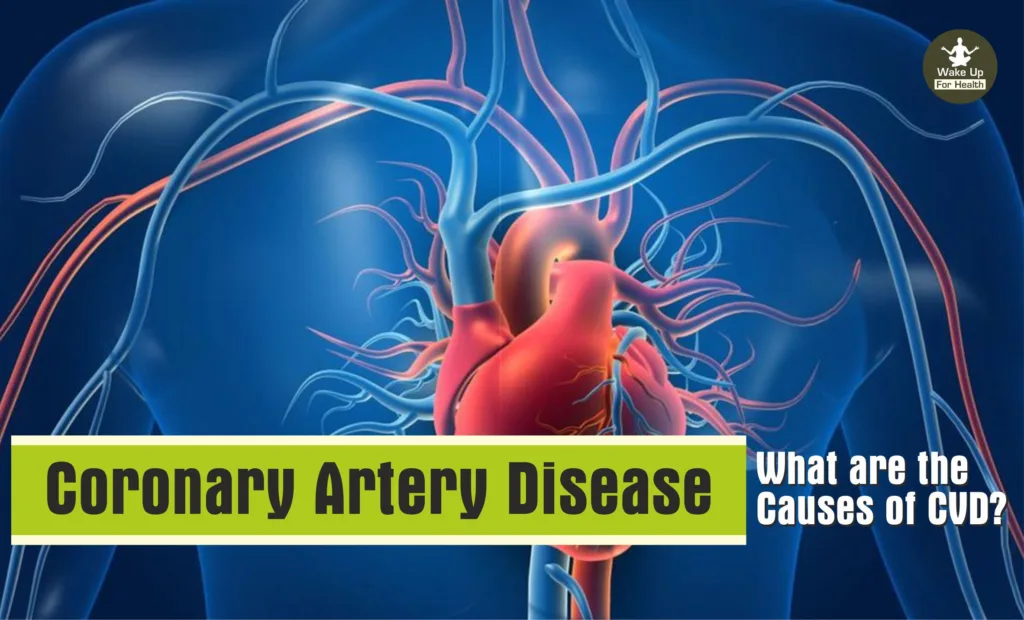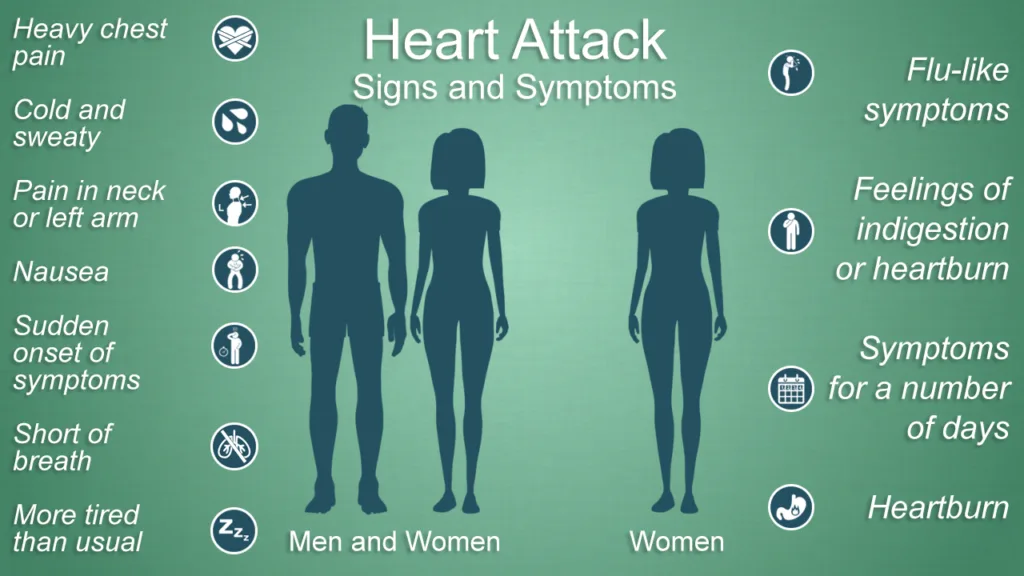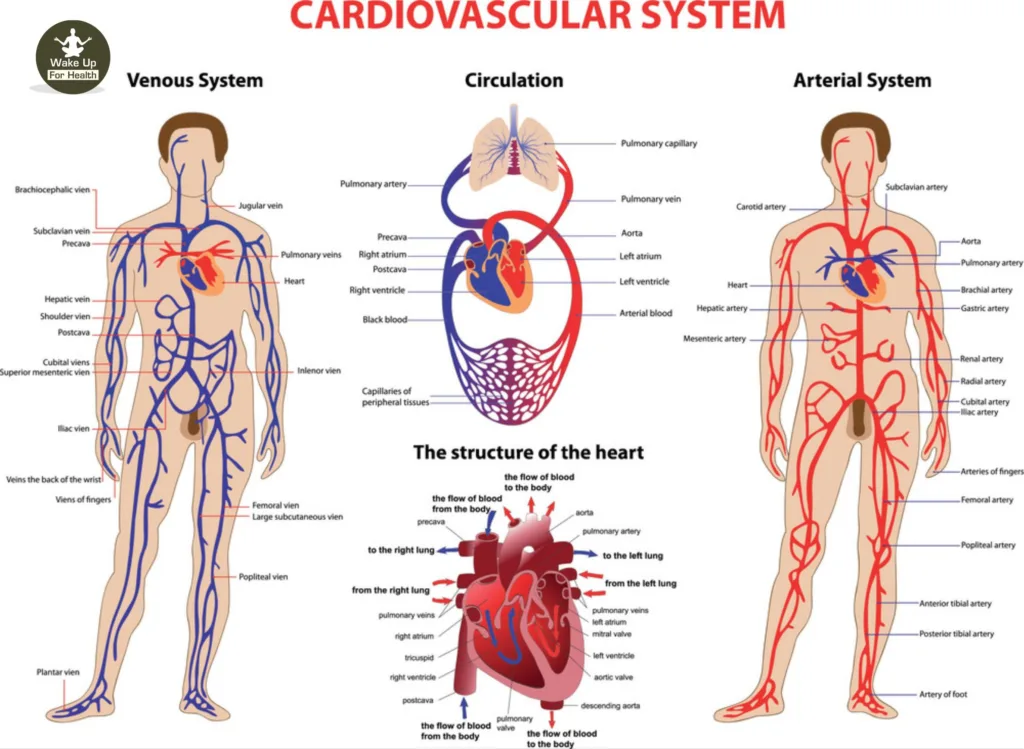The main cause of Cardiovascular Heart Disease (CVD) is the increase in cholesterol levels. Cardiovascular heart diseases are caused by disorders of the heart and blood vessels. These include coronary heart disease (heart attacks), cerebrovascular disease (stroke), increased blood pressure (hypertension), congenital heart disease, and heart failure.

Obesity is also a major reason for these diseases. In such a situation, regular exercise and simple and balanced diet should be taken for weight loss. To keep the heart healthy, regular exercise and morning or evening walks should be done. Triglyceride can also be a cause of cardiovascular disease. Taking soy protein increases the amount of HDL cholesterol in the body, it is considered good cholesterol. This cholesterol is helpful in removing bad cholesterol from the blood vessels.
What are the causes of CVD?
• With aging, blood vessels become less elastic. In addition, blood lipids such as cholesterol are deposited on the inside walls of blood vessels, which causes a gradual build-up of fatty plaques (atherosclerosis). Plaques cause hardening and narrowing of blood vessels, which block the normal flow of blood to the brain, heart, and other parts of the body.
• If a plaque ruptures, blood clots will form around the plaque. Blood clots can block the flow of blood in the body, which carries oxygen and other nutrients to the heart, brain, and other organs, causing cell damage or death. Common examples include heart attack, ischemic stroke, etc.
• On the other hand, atherosclerosis of the blood vessels of the brain and high blood pressure can cause the blood vessels of the brain to rupture and bleed, leading to hemorrhagic stroke
Symptoms of Cardiovascular Heart Disease.

- Swelling in the body.
- Dizzy.
- Sweating profusely.
- Rapid breathing, bluish discoloration of the skin, lips and fingernails, fatigue and reduced blood circulation.
- Breathlessness.
- Pain in the chest, jaw or arm.
- Feeling tired and weak.
- Difficulty in breathing, blood clotting and accumulation of fluid in the lungs.
- Accumulation of water in the feet, ankles and legs.
Risk Factors of Cardiovascular Heart Disease?
The risk of CVD is higher in a person who has more risk factors. Some lifestyle risk factors are modifiable/controllable. Making these lifestyle changes can help reduce CVD risk.
Modifiable / Controllable risk factors.
• Obesity
• Smoking
• Alcohol abuse
• Less physical activity
• Chronic stress
• Increased blood pressure
• Suboptimal blood lipid levels
• Diabetes
• Chronic kidney disease
Non-Modifiable Risk Factors.
• Growing old
• Male
• Family history of early CVD
• Hereditary lipid disorders
What is the 10 year Cardiovascular Heart Disease?
Here is what it says about the risk of heart attack, stroke and even CVD-related death over the next 10 years:
Risk CVD Risk in the Next 10 years
Less than 10 Less than 10
10 to 20% 10 to 20%
More than 20 More than 20
How to Reduce Risk of Cardiovascular Heart Disease?
• Anyone can get CVD. Even if your risk is less than 10%, you are not completely protected. So, we have to adopt a healthy lifestyle to reduce the risk of CVD.
• Healthy lifestyle includes eating a balanced diet, avoiding high fat, sugar or salt, exercising regularly, quitting smoking and avoiding alcohol consumption
• Maintain optimal body weight
• Maintain optimal blood pressure
• Patients with diabetes should maintain optimal blood glucose level
• Doctors may consider prescribing the drug for high-risk patients
Prevention of Cardiovascular Heart Disease.
1. It is very important to make lifestyle changes and improvements to prevent cardiovascular diseases. So it is necessary to be active and maintain physical activity. Avoid stress as much as possible. Think positive. be hopeful. Listen to your favorite music to avoid stress.
2. Deadly heart disease can be easily avoided by exercising regularly. Go for morning walk. do yoga. If anyone in the family has had heart disease in the past, then you can live a healthy life for a long time by doing physical work.
3. If medicines and regular care do not reduce the symptoms of heart disease, you can talk to your doctor about the option of surgery. Several procedures such as heart valve surgery, infarct exclusion surgery, heart transplant and bypass surgery can be used to reopen narrow or blocked arteries or to treat the heart directly.
4. Don’t eat too much canned or fried food. By eating fast food and greasy food, weight also increases and this smoothness gets accumulated in the blood arteries due to which the flow of blood gradually decreases. Take only balanced and nutritious diet. Consume fruits and vegetables.
5 Disease Which Effect Cardiovascular System.

The cardiovascular system is considered to be the body supply. This system has the function of supplying blood to the body. Due to the slightest defect in it, it can damage other parts of your body as well. There are many reasons why your heart system malfunctions, but in most cases it is due to some disease or disorder of the heart itself in the cardiovascular system. Due to smoking, lack of exercise, etc., there are more chances of damage to your cardiovascular system.
1. Coronary Heart Disease
Coronary heart disease is a condition in which there is an increased chance of a buildup of fluid in your arteries. In this situation, the circulation of blood in your body decreases, which directly affects your cardiovascular system. Due to lack of oxygen in the heart, possibilities like pain in your chest or swelling in any part, shortness of breath, etc. can arise. This is enough to damage your cardiovascular system.
2. Heart Attack
Heart attack is the main reason affecting your cardiovascular system. Although there are many reasons for heart attack, such as high blood pressure, smoking and alcohol consumption, overthinking, accumulation of cholesterol is also the reason for this. In this situation, the circulation of blood in your heart suddenly decreases. After some time, the layer of cholesterol becomes thin and many times it becomes the cause of heart attack.
Due to this, there is an obstruction in the circulation of blood and gradually the blood cells start dying, affecting your cardiovascular system.
3. Valvular Heart Disease
Valvular Heart Disease plays an important role in deteriorating the cardiovascular system. Childhood streptococcal infection also increases the chances of developing cardiovascular problems. Due to which you may have to face heart as well as throat problems. Along with the problem of streptococcus, one can also become a victim of rheumatic fever, due to which there are more chances of heart disease.
4. Heart Arrhythmia
Many times your heart beat does not work at normal speed, then the problem of arrhythmia starts to arise. In this situation, the speed of heartbeat becomes very fast. At the same time, this speed is normal and in some cases it also decreases. Changing the speed of the heartbeat can also cause heart arrhythmia. In such a situation, the chances of getting some other chronic diseases also increase. Many times, due to this problem, there is a hindrance in proper circulation of blood in the heart.
5. Heart Failure
In the case of heart failure, your heart stops beating properly. Your heartbeat becomes abnormal. In this condition, the heart does not get the oxygen it needs. Due to which there is a problem in the circulation of blood as well as there are other dangers in it. It is also known as congestive heart attack. After the diagnosis of this disease, the doctor’s advice should be taken immediately. Due to delay in this problem, in some cases the death of the patient has also been seen.
Cardiovascular Disease is not a common problem but a deadly disease. If you find this problem, do not take it lightly, but consult a doctor immediately.
(Disclaimer: This article is for general information only. It is just to wake you up for your health purpose. Out intension is not to mislead or It cannot in any way be a substitute for any medicine or treatment. Always contact your doctor for more details.)
5 thoughts on “Cardiovascular Heart Disease| Coronary Artery Disease | Causes, Symptoms, Treatment”